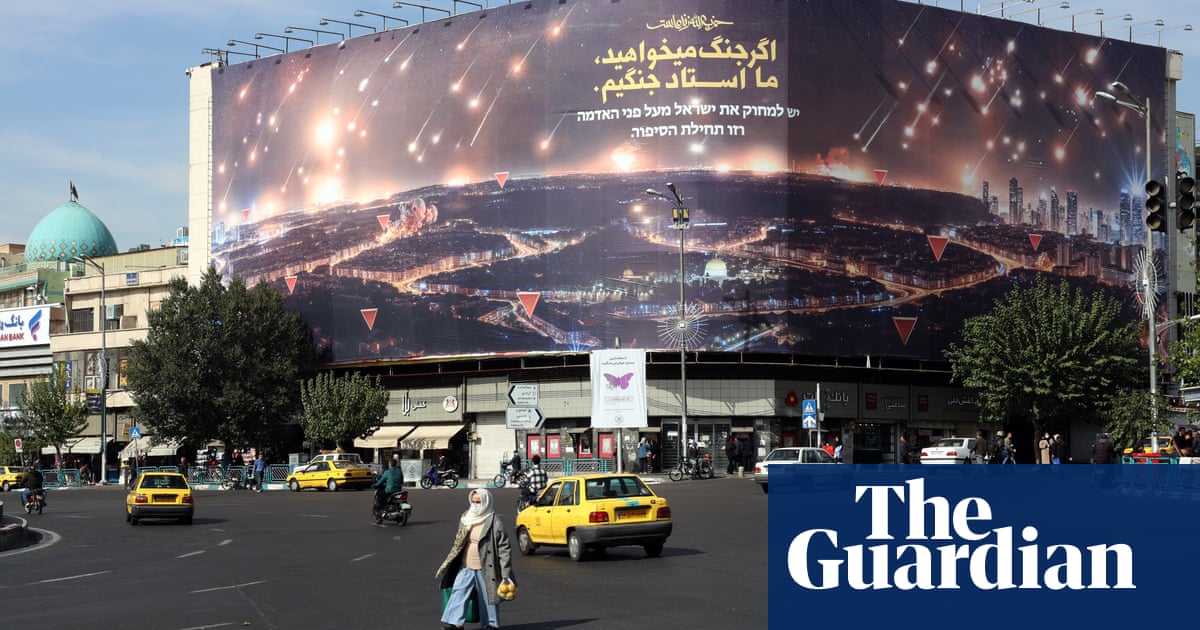 |
|
The recent Israeli airstrikes on Iranian military sites have sparked a multifaceted internal debate within Iran, reflecting the intricate web of political, diplomatic, and military considerations at play. While the Iranian government downplays the scale and effectiveness of the attack, emphasizing the strength of its air defenses, hardliners in the parliament are pushing for swift and forceful retaliation, demanding a response that reflects the perceived breach of Iranian sovereignty.
The internal debate centers around whether to treat Israel's actions as a grave affront requiring a forceful response or to prioritize de-escalation and acknowledge the limited nature of the attack. This decision hinges on a complex balancing act, with the Iranian political elite facing pressure from both within and outside the country. The government initially expressed patriotic pride in its air defenses, highlighting their performance against the Israeli attacks, even suggesting their effectiveness surpassed that of Israel's Iron Dome system. However, internal pressure for retribution is mounting, particularly from hardliners who perceive the attacks as a violation of Iranian red lines.
The public discourse reflects the division within the Iranian political elite, evident since the election of the reformist president Masoud Pezeshkian, who campaigned on a platform of improving relations with the West. While some, like ultra-conservative MP Amir-Hossein Sabeti, advocate for a decisive response aimed at surprising Israel, particularly while it is engaged in conflicts in Gaza and Lebanon, others, such as former Tehran University professor Sadegh Zibakalam, argue that the limited nature of the attack reflects a diplomatic maneuver by the US to avoid a wider conflict. A significant factor in this debate is the regional support Iran has received following the strikes, including messages of solidarity from Oman, Saudi Arabia, Turkey, and the United Arab Emirates. These displays of support, unusual between Iran and its Arab neighbors, provide a measure of diplomatic capital for Iran as it navigates this complex situation.
However, the hardliners in Tehran are likely to view this regional solidarity with skepticism, questioning its practical implications and maintaining their belief in the importance of rebuilding the “axis of resistance” as a pathway to security. This tension between diplomatic engagement and the pursuit of a more confrontational approach further complicates Iran’s decision-making process. The situation is further complicated by the chain of events leading up to the Israeli strikes, which began with an Israeli bombing on the Iranian consulate in Damascus, resulting in the deaths of Iranian military personnel. This incident triggered a series of tit-for-tat attacks between Iran and Israel, culminating in the recent airstrikes. From Iran’s perspective, these events necessitate a response to restore deterrence.
The decision to respond militarily also carries significant risks. It is understood that another Iranian attack on Israel would trigger the engagement of recently installed US defense systems, potentially leading to a direct Iranian-US conflict, a scenario that could escalate into a full-scale regional war. This threat hangs over the deliberations, adding another layer of complexity to the decision-making process. Ultimately, Iran’s response will be a carefully calibrated one, taking into account domestic political pressure, regional support, and the potential for escalation. The outcome of this internal debate will have significant implications for the security of the region, and the world awaits Iran’s decision with a mix of anticipation and apprehension.
Source: Iran mocks Israel’s ‘weak’ attacks as hardliners call for reprisal
